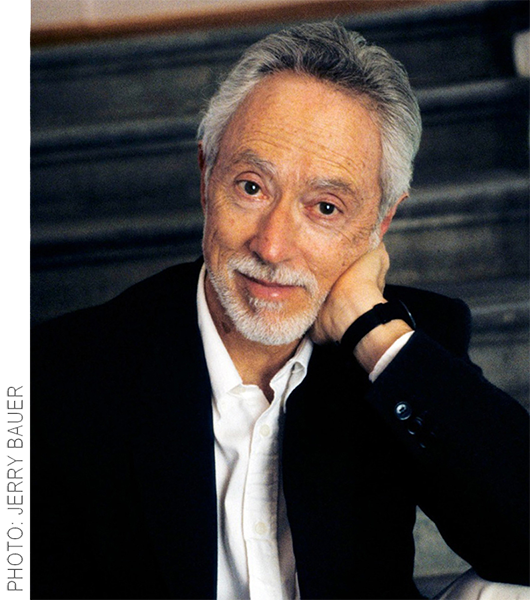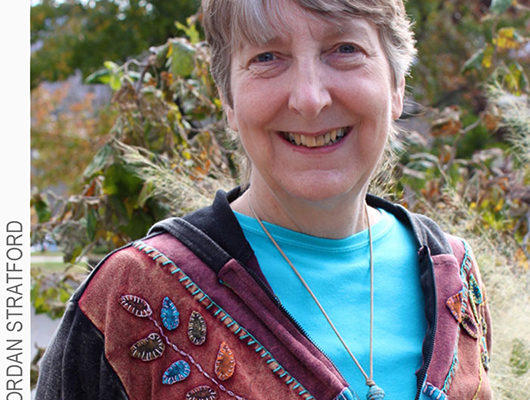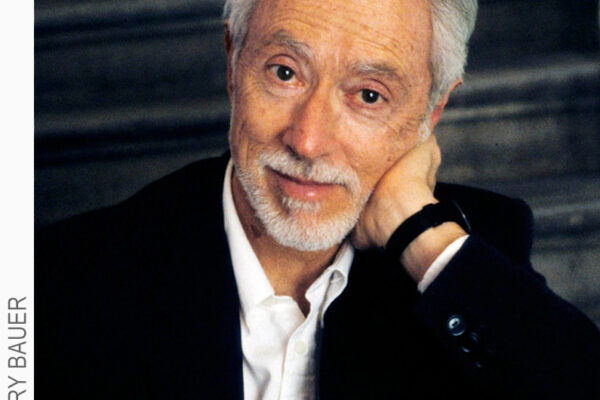J. M. Coetzee is an internationally acclaimed novelist, essayist, linguist, and translator, born and raised in Cape Town, South Africa. He graduated with honours degrees in English and Mathematics from the University of Cape Town in 1962, and studied at the University of Texas at Austin, graduating in 1968 with a Ph.D in English, linguistics and German languages.
Coetzee’s first novel, Dusklands, was published in South Africa in 1974. In the Heart of the Country, (1977) won South Africa’s then-principal literary award, the CNA Prize, and was published in Great Britain and the U.S. His next novel, Waiting for the Barbarians, (1980), received international notice, but his reputation for unsparing visions of the human condition in spare prose was confirmed in 1983 after he won the Man Booker Prize for Life & Times of Michael K., It was followed by Foe, (1986), Age of Iron, (1990), The Master of Petersburg, (1994), and Disgrace, (1999), the latter of which won the Man Booker Prize again. He awarded the Nobel Prize in Literature in 2003—the fourth vegetarian (after Rabindranath Tagore [1913], George Bernard Shaw [1925], and Isaac Bashevis Singer [1978]) to be so honored. Since then, Coetzee has produced three fictionalized memoirs and several novels, including Slow Man, (2005) and The Childhood of Jesus, (2013).
It was shortly after the publication of Disgrace that he read from the book at CAF’s International Compassionate Living Festival in Raleigh, NC. In the book, disgraced English professor David Lurie finds himself volunteering at an animal shelter, run by Bev Shaw, his daughter’s friend:
He does not understand what is happening to him. Until now he has been more or less indifferent to animals. Although in an abstract way he disapproves of cruelty, he cannot tell whether by nature he is cruel or kind. He is simply nothing. He assumes that people from whom cruelty is demanded in the line of duty, people who work in slaughterhouses, for instance, grow carapaces over their souls. Habit hardens; it must be so in most cases, but it does not seem to be so in his. He does not seem to have the gift of hardness.
His whole being is gripped by what happens in the theatre. He is convinced the dogs know their time has come. Despite the silence and the painlessness of the procedure, despite the good thoughts that Bev Shaw thinks and that he tries to think, despite the airtight bags in which they tie the newmade corpses, the dogs in the yard smell what is going on inside. They flatten their ears, they droop their tails, as if they too feel the disgrace of dying; locking their legs, they have to be pulled or pushed or carried over the threshold.
In October 1997, Coetzee was invited to deliver the Tanner Lectures at Princeton University. These took the form of lectures presented by an aging novelist and academic, Elizabeth Costello, a character to whom Coetzee returned in a book of the same name, published in 2003. In The Lives of Animals, the 1999 work that encompasses the Tanner lectures, Costello talks to her son—married to Norma, and with two children—on the ubiquity of animal slaughter:
It’s that I no longer know where I am. I seem to move around perfectly easily among people, to have perfectly normal relations with them. Is it possible, I ask myself, that all of them are participants in a crime of stupefying proportions? Am I fantasizing it all? I must be mad! Yet every day I see the evidences. The very people I suspect produce the evidence, exhibit it, offer it to me. Corpses. Fragments of corpses that they have bought for money. [. . .]
I look into your eyes, into Norma’s, into the children’s and I see only kindness—human-kindness. Calm down, I tell myself, you are making a mountain out of a molehill. This is life. Everyone else comes to terms with it, why can’t you? Why can’t you?
CAF is proud and honored to have John Coetzee on our advisory board.





